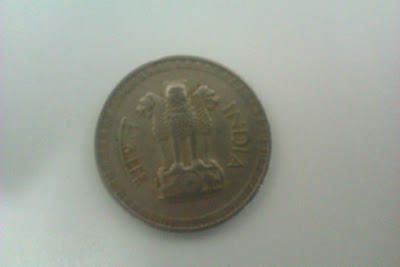Trinity
The Hindu Trimurti: Brahma, Vishnu, and Shiva
The Hindu religion is rich with mythology and symbolism, and one of its most significant concepts is the Trimurti, which consists of three major deities: Brahma, Vishnu, and Shiva. Together, these three gods represent the cycle of creation, preservation, and destruction in the universe. Each deity has distinct characteristics and roles, but they are also interconnected, forming a harmonious trinity.
- Brahma - The Creator: Brahma is often depicted with four heads, symbolizing his vast knowledge and understanding of the cosmos. He is the creator of the universe, responsible for giving form and shape to all living beings. Brahma is associated with intellect, knowledge, and wisdom. However, while he is considered the creator, he is not widely worshipped, and there are very few temples dedicated solely to him. According to Hindu mythology, Brahma's role as a creator has diminished over time, giving way to Vishnu and Shiva.
- Vishnu - The Preserver: Vishnu is the second member of the Trimurti and is revered as the preserver of the universe. He is depicted with a serene and calm appearance, usually resting on the cosmic serpent, Shesha. Vishnu is believed to have taken numerous avatars or incarnations on Earth, such as Rama and Krishna, to maintain cosmic order and protect dharma (righteousness). He embodies compassion, love, and mercy. Vishnu's role is to restore balance and harmony whenever evil threatens to disrupt the cosmic order.
- Shiva - The Destroyer: Shiva, the third member of the Trimurti, is often portrayed as a meditating yogi or in his fierce form as Nataraja, the Lord of Dance. He represents the destructive aspect of the universe, but this destruction is not inherently negative. Shiva's role involves dissolution and transformation. He destroys the old and worn-out aspects of the universe to make way for new beginnings and regeneration. Shiva is associated with spiritual awakening, inner peace, and the cyclical nature of existence.
The Trimurti represents the fundamental aspects of existence: creation, preservation, and destruction. It emphasizes the cyclical nature of life and the interconnectedness of all things. While Brahma, Vishnu, and Shiva are individual deities with specific roles, they are ultimately different facets of the same divine energy, known as Brahman.
It is important to note that Hinduism encompasses a vast array of beliefs and practices, and the Trimurti is just one interpretation of the divine. Hinduism allows for a diverse range of beliefs, and individual worshippers may have a personal preference for one deity over the others, while still acknowledging the importance of the entire Trimurti.
Overall, the Hindu Trimurti provides a philosophical framework for understanding the complexities of existence and serves as a source of inspiration and guidance for millions of Hindus around the world. It reflects the Hindu belief in the divine forces that govern the universe and reminds individuals of their interconnectedness with the cosmos.




Comments
Post a Comment